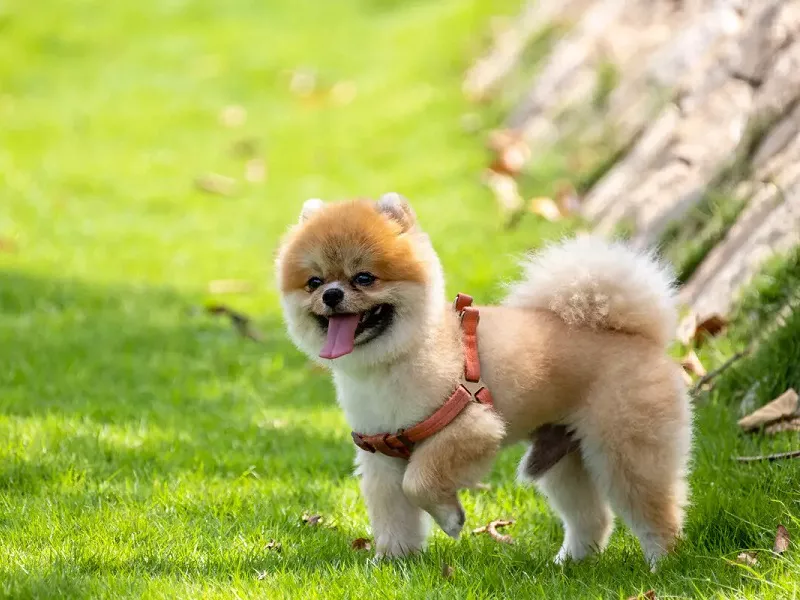Akitas, also known as the Akita Inu, are a large and powerful breed of dog that originated in Japan. They were originally bred for hunting and guarding purposes and are known for their loyalty, intelligence, and courage. Due to these traits, some people wonder if Akitas make good service dogs.
Service dogs are trained to assist individuals with disabilities, including physical, sensory, psychiatric, intellectual, or other mental disabilities. They can perform tasks such as guiding people with visual impairments, alerting people with hearing impairments to sounds, and providing physical support to those with mobility impairments. Service dogs are highly trained and go through rigorous training programs to learn these skills.
So, are Akitas good service dogs?
The answer is both yes and no. While Akitas can be trained to be service dogs, they may not be the best choice for every person or situation. Let’s explore some of the factors that can make Akitas good or bad service dogs.
Temperament
One of the most important factors in determining whether an Akita can be a good service dog is its temperament. Akitas are known for their independent and stubborn nature, which can make them challenging to train. They are also protective of their families and can be wary of strangers, which can be problematic in public settings.
However, Akitas can be trained to overcome these challenges with proper socialization and training from an early age. They are intelligent dogs that respond well to positive reinforcement training methods, which can make them suitable candidates for service dog training.
Physical Ability
Another important factor in determining whether an Akita can be a good service dog is its physical ability. Service dogs need to be able to perform a variety of tasks, including picking up and carrying items, opening doors, and providing balance support. Akitas are large and strong dogs that are capable of performing these tasks, but they may not be the best choice for people with mobility issues.
Additionally, Akitas are prone to certain health issues, such as hip dysplasia and bloat, which can affect their ability to work as service dogs. It’s important to choose a healthy and physically capable dog for service dog work, and to provide them with proper care and regular veterinary checkups.
Training and Certification
Finally, it’s important to note that not all Akitas will be suitable for service dog work, and not all service dog training programs will accept Akitas as candidates. Service dogs require extensive training and certification to ensure they can perform their tasks reliably and safely. The training process can take up to two years and involves socialization, obedience training, and task-specific training.
Not all service dog training programs will accept Akitas due to their independent and protective nature, and some programs may prefer breeds that are more docile and adaptable. Additionally, not all Akitas will have the temperament and physical ability to become successful service dogs, and it’s important to choose a dog that is well-suited to the work.
In conclusion, Akitas can make good service dogs in certain situations, but they may not be the best choice for everyone. Their independent and protective nature can make them challenging to train, and their physical size and health issues can affect their ability to perform certain tasks.
However, with proper socialization, training, and care, Akitas can be successful service dogs for people with the right needs and circumstances. As with any service dog, it’s important to choose a dog that is well-suited to the work and to work with a reputable training program to ensure the dog receives the proper training and certification.


























